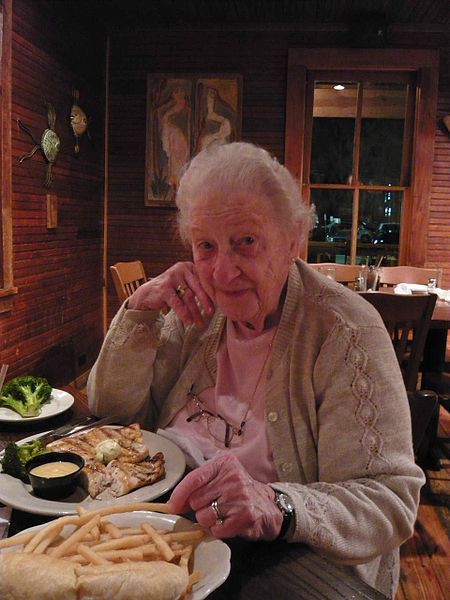Depakote Drug Settlement: Abbott Gives 2 Virginia Counties $1.3M Payout For Illegal Promotion Of Seizure Drug

On Wednesday, Smyth and Tazewell Counties in Virginia received a $1.3 million settlement from Abbott Laboratories Inc., which had previously pleaded guilty to charges of illegally promoting its prescription drug Depakote for uses not approved by the Food and Drug Administration (FDA).
“Not only did Abbott engage in off-label promotion, but it targeted elderly dementia patients and downplayed the risks apparent from its own clinical studies,” said Acting Associate Attorney General Tony West in a statement to the press following the submission of the plea bargain in May of 2012. Abbott is a global pharmaceutical and healthcare device company with offerings in diagnostics, medical devices, nutrition, and pharmaceuticals.
The FDA first approved Depakene (valproic acid, and also marketed as Stavzor) in 1978 for the treatment of epilepsy. Depakote, which is dilvalproex sodium, is related to valproic acid as well as valproate sodium (marketed as Depacon). This 'family' of drugs represents an acid, salt, and a mixture of the two, all based on the same root chemical substance.
Subsequent to 1978, the FDA approved Depakote for the treatment of bipolar disorder and migraine headaches.
In a press release following the submission of the plea bargain, the Department of Justice (DOJ) noted that “the FDA never approved the drug as safe and effective for the off-label use of controlling behavioral disturbances in dementia patients.” One reason Depokote had never been approved for such uses is that Abbott discontinued a clinical trial for the drug in the treatment of dementia in 1999.
At that time, the elderly participants in the trial study suffered negative side effects from the drug, including somnolence, dehydration, and anorexia.
Why Virginia?
On May 7, 2012, Abbott pleaded guilty to charges brought by the DOJ and agreed to pay a total of $1.5 billion to resolve its criminal and civil liability. This resolution, which is only now being paid, consists of a criminal fine and forfeiture totaling $700 million and civil settlements with the federal government and the states totaling $800 million.
Of that money, $1.5 million is earmarked for the Medicaid Fraud Control Unit (MFCU) of Virginia. As explained by the Virginia Attorney General's Office, whistleblowers contacted the MFCU of Virginia in 2007 to allege that Abbott had been marketing its drug illegally; the reason they notified MFCU of Virginia is the unit has built a national reputation for its ability to investigate and prosecute Medicaid fraud cases.
After four years, during which the DOJ undertook the examination of more than one million records and interviews in 26 states, the investigators discovered that Abbott had marketed Depakote "for non-approved uses and paid rebates to health care professionals and long-term care pharmacies for increasing their off-label use of Depakote," as stated in the MFCU's newsletter. The two Virginia counties’ prosecutors served as special assistant U.S. attorneys in the Depakote case, which went on trial in the U.S. District Court in Abingdon, Virginia.
What The Counties Plan To Do With The Money
On Wednesday, the two Virginia counties, located in the western portion of the state, received and evenly split their own share of the overall Depakote settlement: $1.3 million total and divided evenly between the two counties.
Having each accepted $650,000, the two Virginia counties must now decide how to spend these funds.
TriCities.com reported that both counties will employ their share of the settlement toward law enforcement projects. Tazewell County will fund local police and deputies with additional amounts funding projects for those struggling with drug addiction. Among other expenditures, Tricities.com noted, Smyth County will be using $69,000 to provide equipment for two new school resource officers, audio and video components for a new child advocacy center based in Marion, and new computer equipment for local police departments.
It is unclear whether either county will spend any portion of the settlement on the elderly in their communities.



























